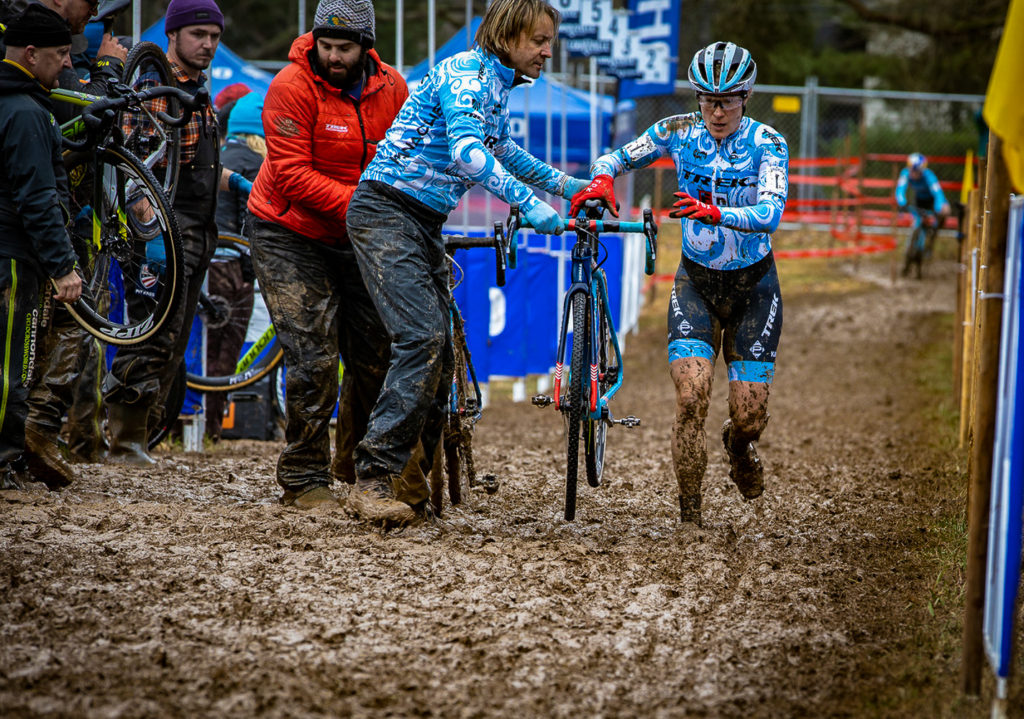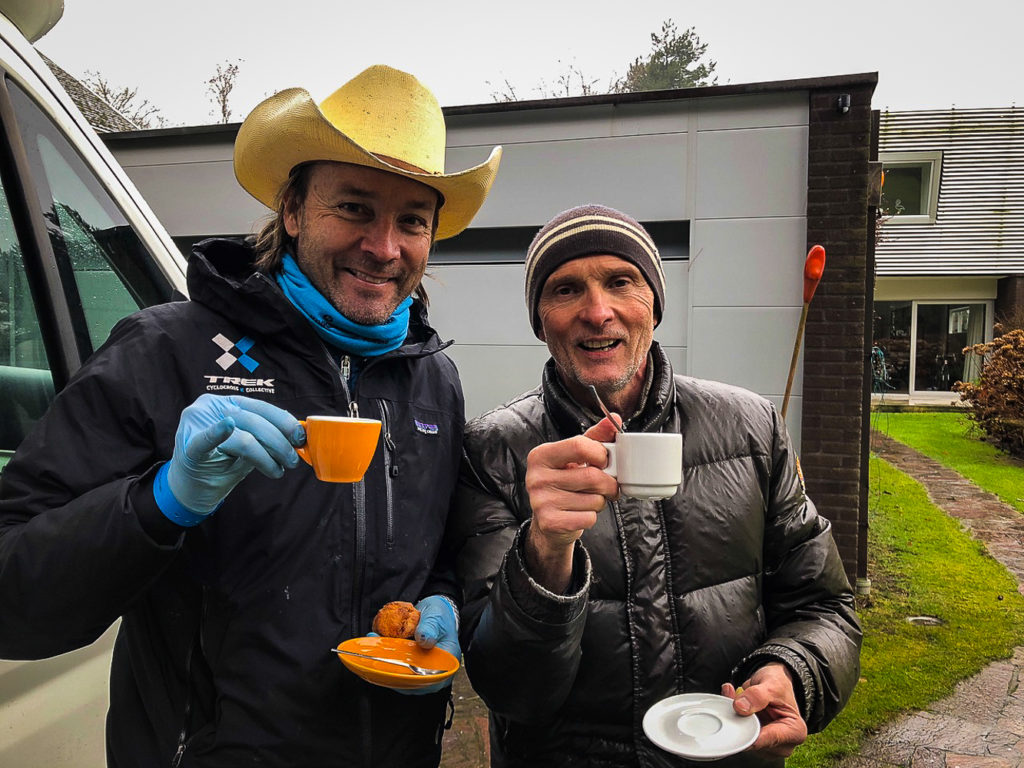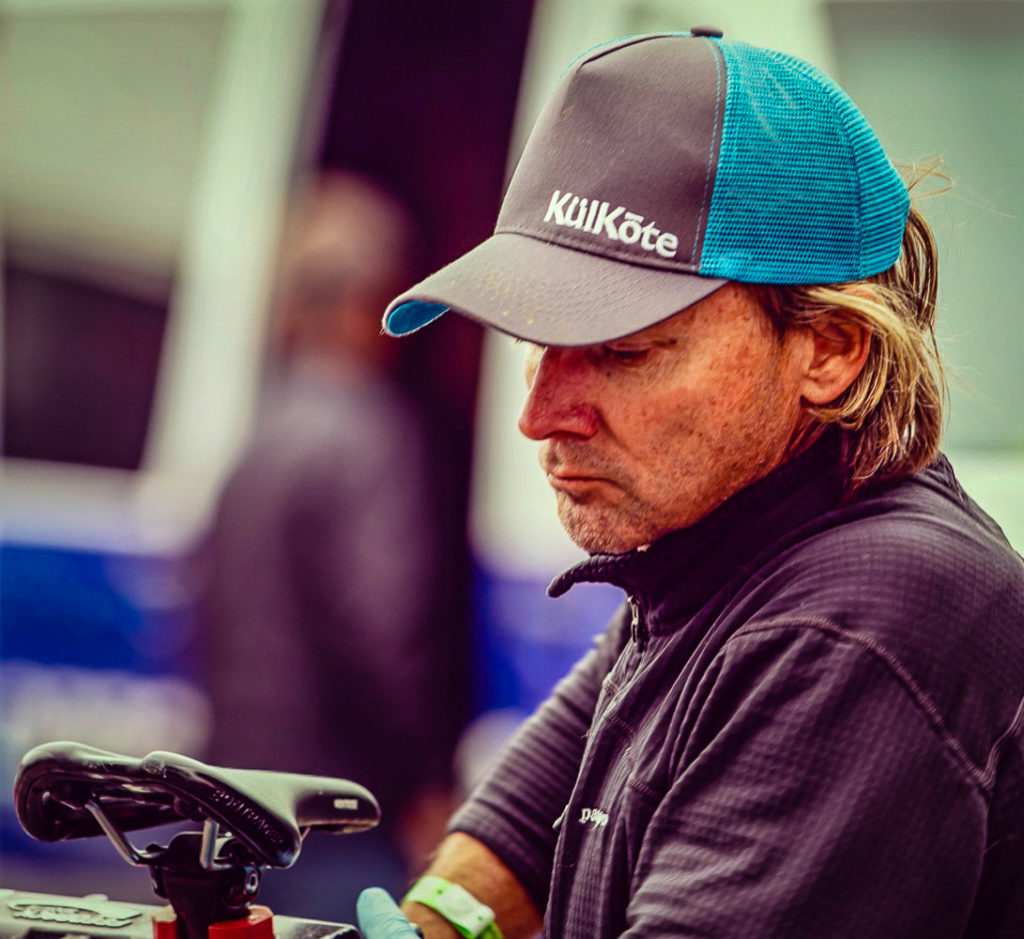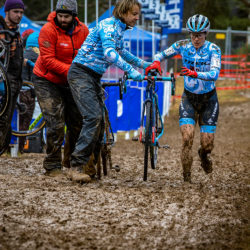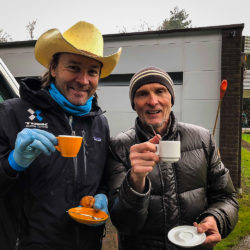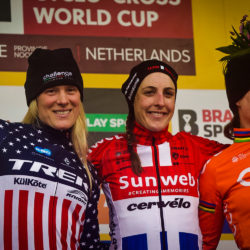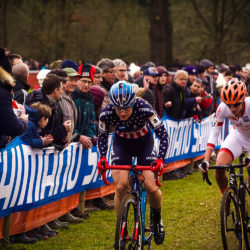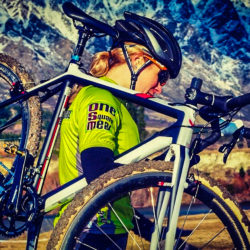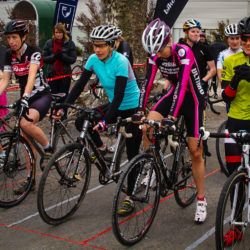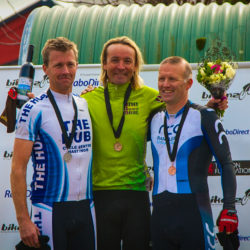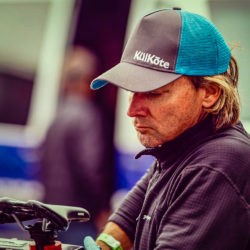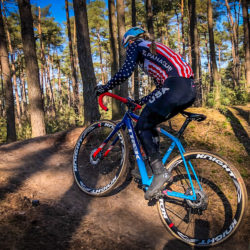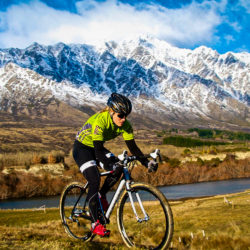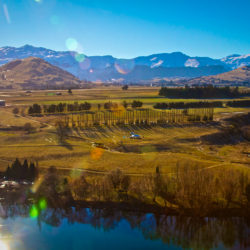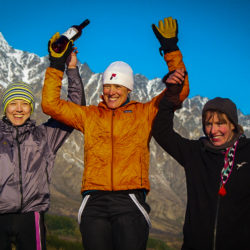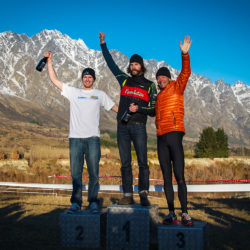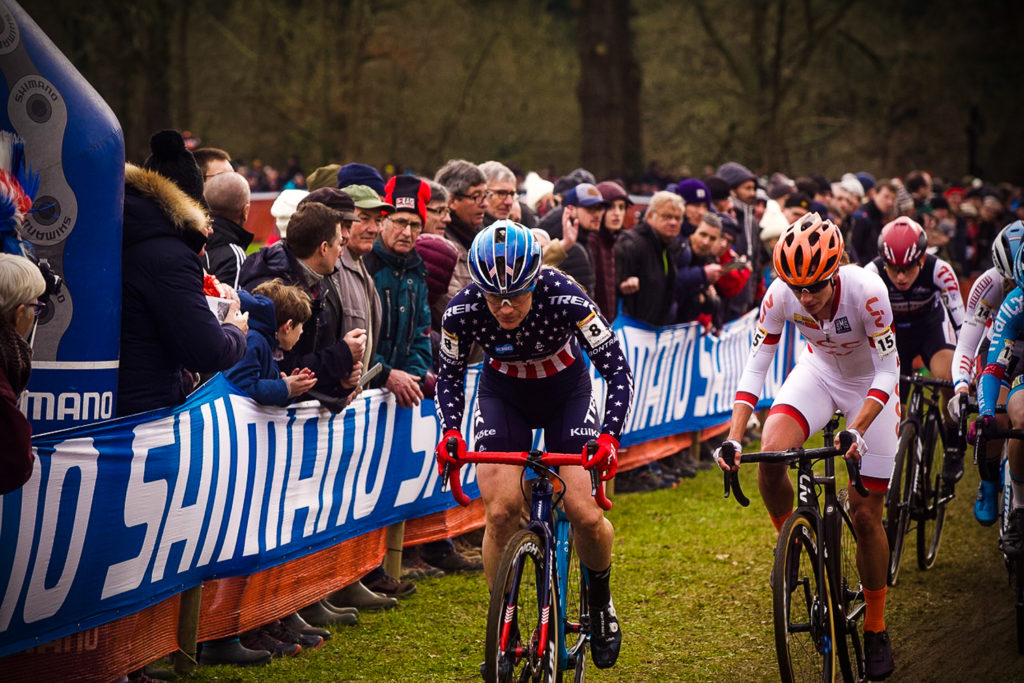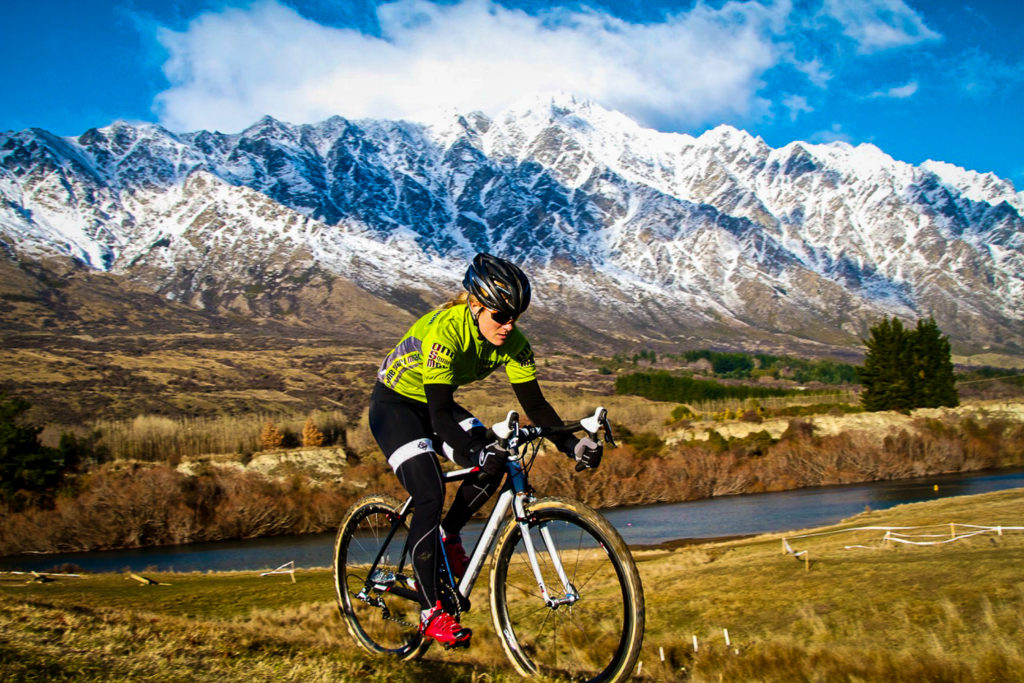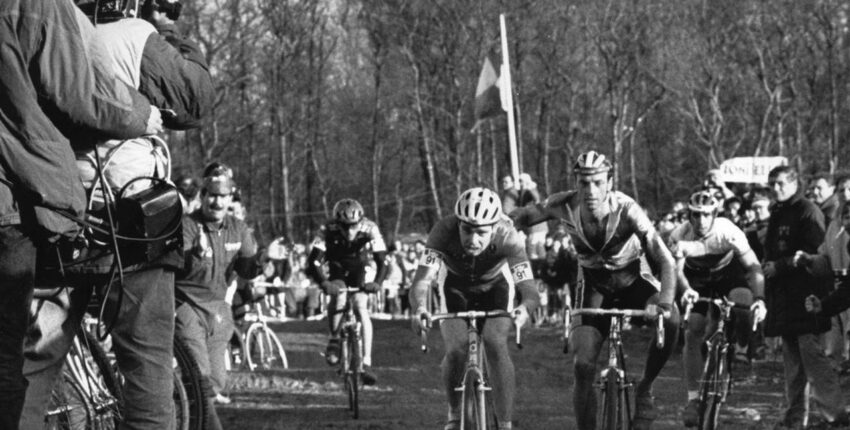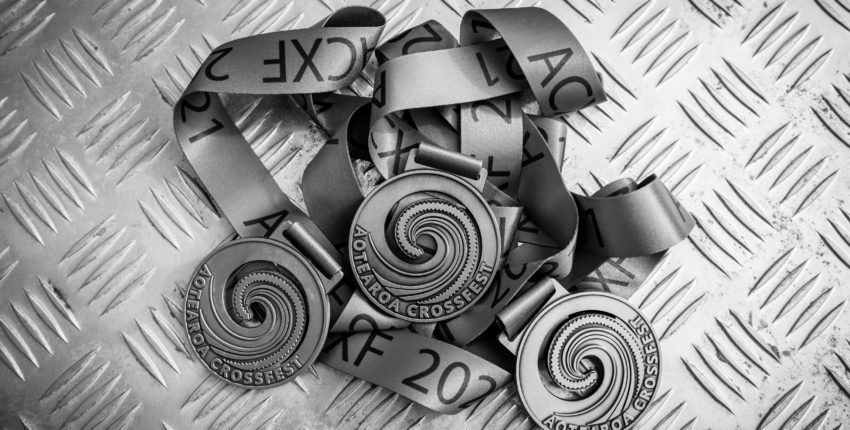May 9th, 2019
The Mark Legg Talk
Kim Hurst
While the Northern Hemisphere acknowledges the arrival of May with a spot of pole dancing, closer to home it heralds that cyclocross is just around the corner.
We shoot the breeze with Mark Legg (aka Katie F’n Compton’s husband) and find out his thoughts about all things ‘cross, the reintroduction of a fully sanctioned NZ CX National Championships on the calendar and why he believes cyclocross is the perfect fit for Kiwis.
K: Tell us a bit about yourself…
M: I grew up in Auckland racing with Manukau Club which holds some amazing memories for me. I was racing with some incredible athletes and supported by some amazing people including the late Kevin Grigg and his wife. When I shifted to Akarana Wheelers, I raced with one of the hardest core motherf***ers around, Andrew Nicholson. I kitted up for my first NZ Road Nationals in the late 80s as a Junior and bagged a top ten finish as the first JAFA across the line. In 1988, I moved to the USA. After a bit of racing in NorCal, I hopped across to the Caribbean and won the Tour of Tobago in 1994. Then I decided to give Belgium a go, which didn’t work out so well. Belgium is hard, harder than me!”
K: That is a familiar sentiment about Belgium! What keeps you coming back for more?
M: Belgium is a love-hate relationship. Amazing racing but a real challenge for people to live there. Belgium in the rain is a tough challenge. Flat roads, grey days and a different way of life. The racing is fantastic as much as you like your head pummelled into the wall every race. That said we’ve met many incredibly wonderful and generous people and that’s what makes Belgium. Tough it out and you’ve won their respect.
K: You’ve helped advise a number of Kiwis and Aussies during their overseas campaigns, what do you think are the biggest challenges for racers competing in the Northern Hemisphere from this neck of the woods?
M: The first challenge is the travel. It’s not a small amount of cash that’s required to get yourself, your bikes, wheels, bags, and maybe your other half over there. Time zone changes are a real challenge for athletes too. Once you adapt to that you’ll experience a different climate, different culture and different way of life being away from family, friends and foods that are familiar.
Other challenges on race day include the simple stuff – accessing rider parking is a major one! Renting a motorhome makes access to parking considerably easier but adds another cost. If you are 2 kilometres away from the course then it gets difficult to pre-ride the course, clean the bike, continue your warm-up on rollers, get to the startline, and hand off your clothing to a recruited helper…all before the gun goes.
Then in the pits, your pit box is partially selected on the status of your rider. If you’re a front runner you get a better position and the others get what’s left. It’s pretty heavily stacked against the other riders.
K: Yet some give it a bash! And those that have headed overseas have favoured the USA. With the growth of CX in America, particularly now with two World Cups regularly on the calendar, do you think this can have a positive impact beyond the USA in non-Euro reaches?
M: Racing in the US is really fun. It’s a relaxed atmosphere with less of the Euro setup stressors. You can often roll up in a car with your bikes, wheels and trainer and prepare to race. Most Americans are happy to help foreign riders so recruiting an extra pair of hands isn’t too difficult. Flights within the States can whack you with extra baggage fees and it is a big country to get around so that is definitely something to be aware of. Outside of New Zealand and America, my favourite country in the world is Japan. I hope we can see some growth in other areas of the world like Japan, Australia and New Zealand where US riders can make the trip.
K: Do you think the new UCI C1 requirements (making it harder for non-Euro events to meet the regs) are a backward step for the non-European based CX community?
M: The pressure to change the C1 rules came from Europe and I don’t see the rule changing back. It reduces the incentive for US riders to come Down Under to try to win UCI points early in the season but this could potentially be offset with more C2 events. I think if we continue to build strong C2 events the sport will benefit.
K: What do you think are the main challenges for the globalisation of CX?
M: The first one is always financial. In order to build the sport we need the investment, which is challenging in countries that historically focus on Olympic events only. Next we need more air time and television coverage. We’ve seen the immediate impact on women’s racing in Belgium when they televised the entire race instead of a highlights snippet.
In some countries the broadcasting rights have been snapped up as part of a cycling package deal and broadcasters are keen to recoup their investment quickly so the headline big audience events like Le Tour get priority. In other countries, where the rights haven’t been sold there’s more opportunity but it can be difficult if you don’t have the fan base. It’s a bit like trying to develop a television audience in Fiji for curling! Lastly, you can race a road, MTB or track bike anywhere in the world. Racing cyclocross in the Pacific or South America is simply too challenging due to the intensity of the sport in high humidity and high temperatures. So we’re kinda restricted to where we can build the sport globally.
K: What prompted you to visit the Hawkes Bay back in 2012 for New Zealand’s first ever sanctioned National CX Championships?
M: We were invited down through Carey Vivian and Cookie Time to run clinics in Queenstown and race. It was a truly memorable experience. Not only to help build the sport but also have the opportunity to show Katie New Zealand as we road tripped from Queenstown to Hawkes Bay and then up to Auckland, my old stomping grounds. I got to catch up with friends I hadn’t seen in over 20 years and make new friends along the way. I got to know Alex Revell, who I later helped coach. I have my medal hanging on the USGP 35+ overall trophy I won. Good times.
K: Sam Gaze was crowned Junior CX Champion at that event – would you like to see what he could do at a CX World Cup given his rise to prominence in XCO?
M: Wow! I had no idea Sam was there that day! I wonder if he attended our skills clinic? What an incredible talent he has developed into. Actually, I think cyclocross would fit his explosive style really well.
K: What do you think of the Kiwis getting a National CX Championships back on the calendar in 2019?
M: I was really happy to read the news. I believe strongly that cyclocross is an ideal sport for Kiwis. It’s fast, it’s fun, it’s bashing around fields and trails just like I did when I was riding my Chopper around Dingle Dell in Auckland as a young fella. And it gets you off the high risk roads and into a safer and fun environment. I grew up running Harriers as a kid and it does remind me of the fun of getting muddy in the fields and negotiating obstacles.
K: “I totally agree! Cyclocross reminds me a lot of ripping around on my fully rigid MTB in the nineties. Although my current CX rig is way more capable!! Last question… Do you think we’ll ever see a CX World Cup Down Under?
M: Unfortunately, I think that’s a big ask. It’s been a real challenge to get European teams to make the trip to the USA. That said, I’d absolutely love to be proven wrong!
SAME BUT DIFFERENT
Social media & sharing icons powered by UltimatelySocial

